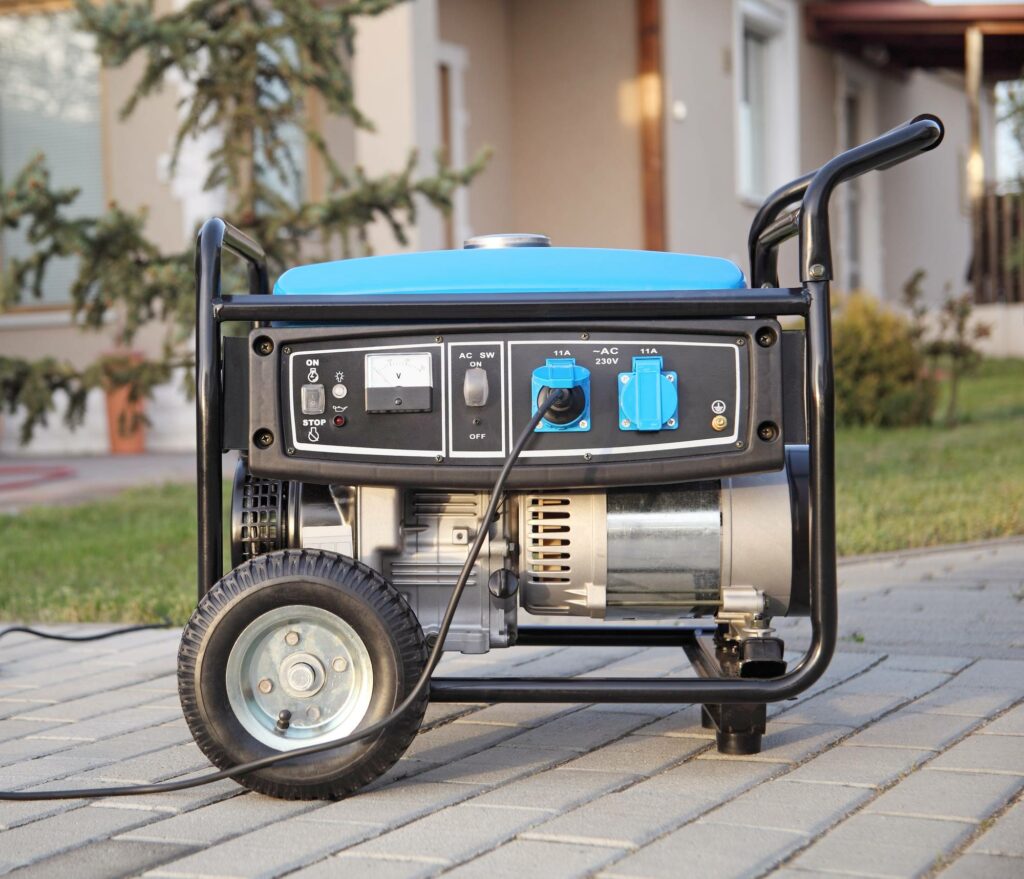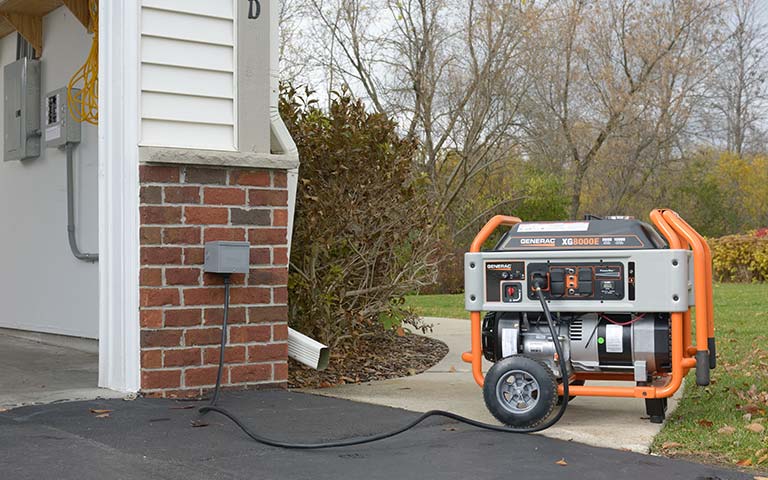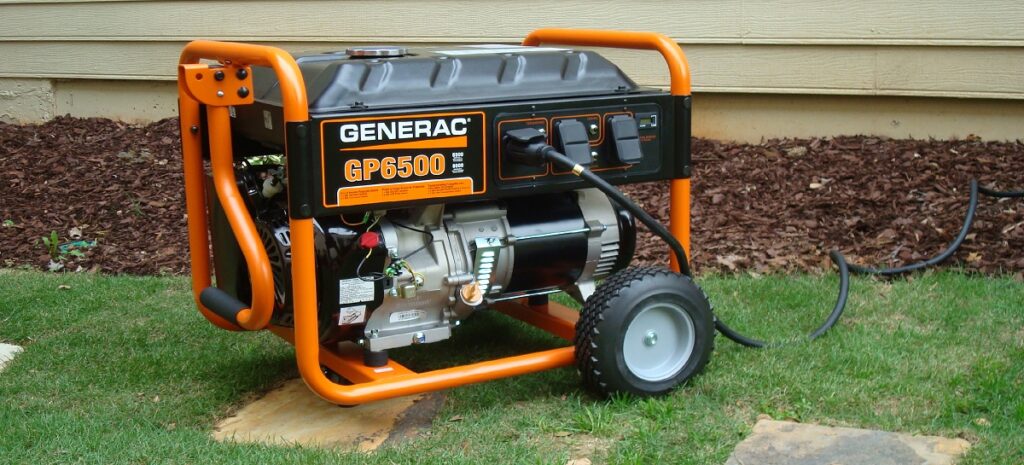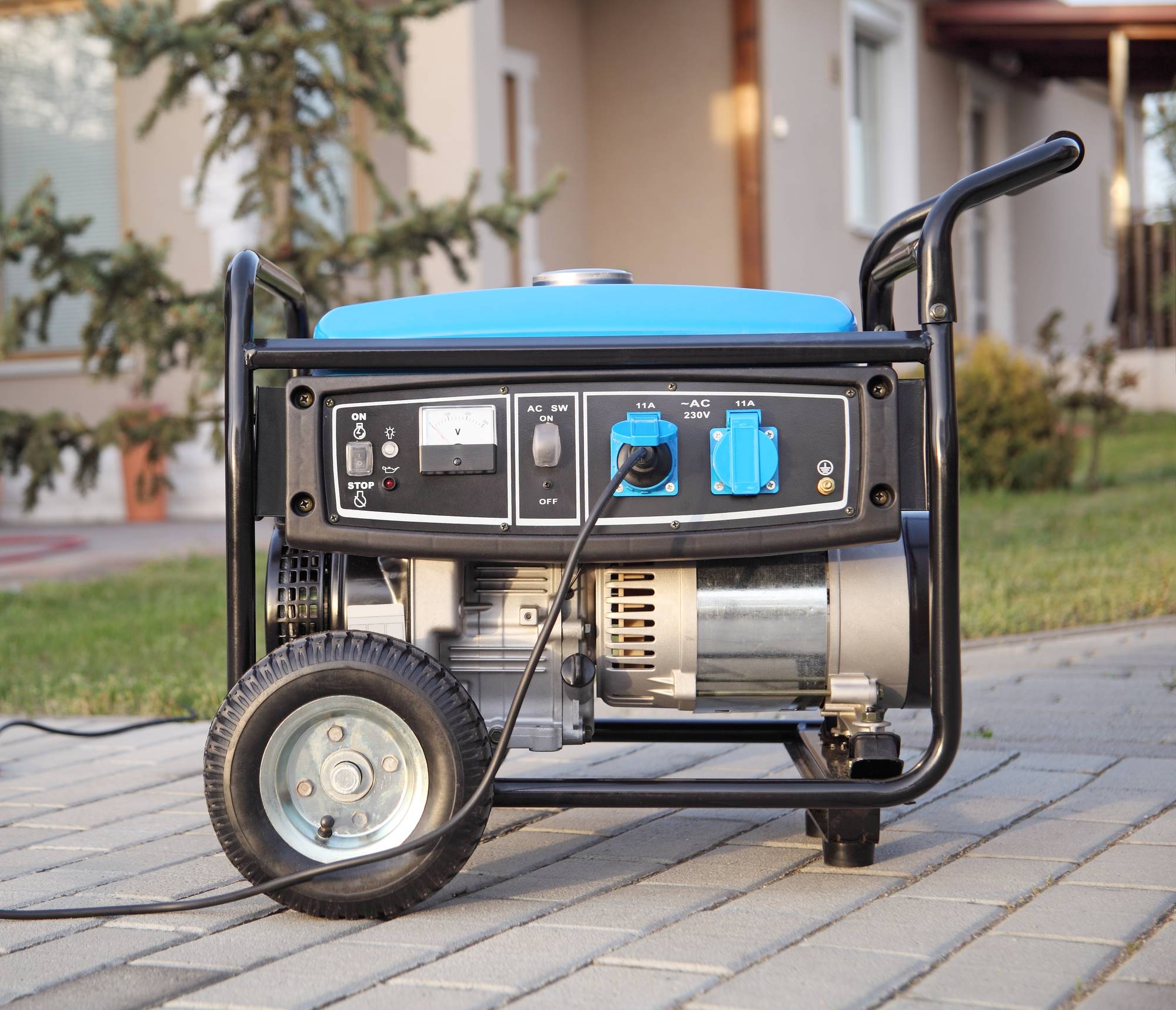It’s essential for businesses and homes to research and understand the various types of generators available, their power output, and other features that may be important to you. But finding the right generator for your needs can be daunting.
Don’t worry! In this guide, we’ll explore why you must find the proper generator and how to find generators that fit your needs, by checking a generator manufacturer’s website like premiergenerator.com !
Why You Need To Find The Right Generator

Generators help people stay safe and comfortable during a disaster by turning different energy sources into electricity.
It means that comfort-related appliances, like electric fans and aircon, will still work even if the power goes out. That also makes it a perfect backup plan in busy places like offices and warehouses to keep important businesses running.
So, why do you need a generator that can handle your loads? When the electricity in your home or business goes out and comes back on quickly, this is called a power surge. Power surges can damage appliances, electronics, and HVAC systems.
A power surge is when the electricity in your home or business goes out and comes back on quickly. This phenomenon damages the circuits of appliances, electronic devices, and HVAC systems. That’s why you must do everything possible to avoid running out of power.
The suitable backup generators will turn on quickly and by themselves, so you won’t have to wait in the dark for as long. Using a reliable generator can half the number of times the power goes out. A backup power system can save you much money on electrical problems. But remember to keep your generator in good condition to ensure you make the most out of it.
Ways To Find The Right Generator

Here are some general tips for finding the right generator for you, whether you own a home or a business.
Determine Your Requirements
Before you start looking for a generator, take some time to figure out what you need. You could, for example, ask yourself the following:
- Do you need a specific type of output power?
- Is there anything to think about with the environment?
- Or, what kind of business do you have that needs a generator?
Research Generator Types
Once you’ve determined what type of generator will best meet your needs, consider the following when deciding:
- Power Output
- Portability
- Noise Level
- Fuel Type
- Size
- Cost
- Safety
We will tackle these considerations. Just keep reading til you reach the next section.
Compare Prices and Features
Compare the prices and features of different models and brands to make an informed purchase decision. Before buying, you should also read reviews from other customers or ask friends and family for advice.
Test the Generator Before Buying
Try the generator before purchasing it to ensure it meets your needs and expectations. Knowing that the generator is right for you before committing to it financially will give you peace of mind.
Considerations When Choosing a Generator

Here’s how you can research or understand what generator model can help you most:
- Portability
If you want to move your generator from place to place, make sure it is light and easy to mobilize. Some models have wheels or handle to make them more portable.
- Size and Power Output
When choosing a generator, ensure it is big enough and has enough power to give you the electricity you need. If you pick a generator that is too small or not powerful enough, it won’t be able to meet your needs well. It could cause problems with operations or even damage from being too busy.
- Noise Level
Generators can make a lot of noise when they run, so think about how much you can handle in your environment before buying one. If this is important, look for models with sound-dampening technology or low-noise operation.
- Fuel Type
Different fuel types, like gasoline, diesel, or natural gas, can be used to power generators. Ensure you choose a model that runs on your area’s most common fuel type and will save you the most money.
- Fuel Efficiency
Look for generators that use less fuel. It will save you money over time and help the environment by reducing the pollution caused by burning fossil fuels. Natural gas or propane are the best fuels for generators. Still, there are other options available that you can buy based on your needs and budget.
- Durability
Look for generators that have high-quality materials and are sure to last more than a teenage life or even a lifetime. Check online customer reviews or call the company to find out how long a particular model will last before buying it.
- Environmental Considerations
If you care about the environment, look for models with low emissions and adhere to the regulations in your area. Some models may even get tax credits or other incentives in some places.
- Safety Features
Generators can be dangerous if you don’t use them correctly or maintain them regularly. Hence, looking for safety features like automatic shut-off systems or low-oil protection sensors is essential when buying one. These features will help reduce the risk of injury or damage from improper use or broken parts.
- Maintenance Requirements
Ensure you or your staff knows how to handle generators properly since they need regular checks or repairs for quality assurance. Know what maintenance each model needs so you can choose the best one for you.
- Prices Of Different Generators
The size, type of fuel, and other features of different generators can make their prices very different. In general, smaller portable generators cost less than massive stationary generators.
Prices for gasoline-powered units usually start at around $500 and can go up to several thousand dollars.
Diesel generators are costlier than gasoline generators because they can produce more power and use less fuel. Most of the time, natural gas-powered units are the most cost-effective option, both in terms of how much they cost to buy and how much they run over time.
The Power That Suits You
The challenge of finding the right generator only comes if you don’t do some research or check websites. As a responsible buyer, it’s essential to keep in mind that you first compare prices and features, test them out before buying, and consider the other things this article mentions.
Ensure the one you choose meets all your needs and expectations and is safe and cost-effective. So you can keep doing your daily tasks without worrying about the power going out.
